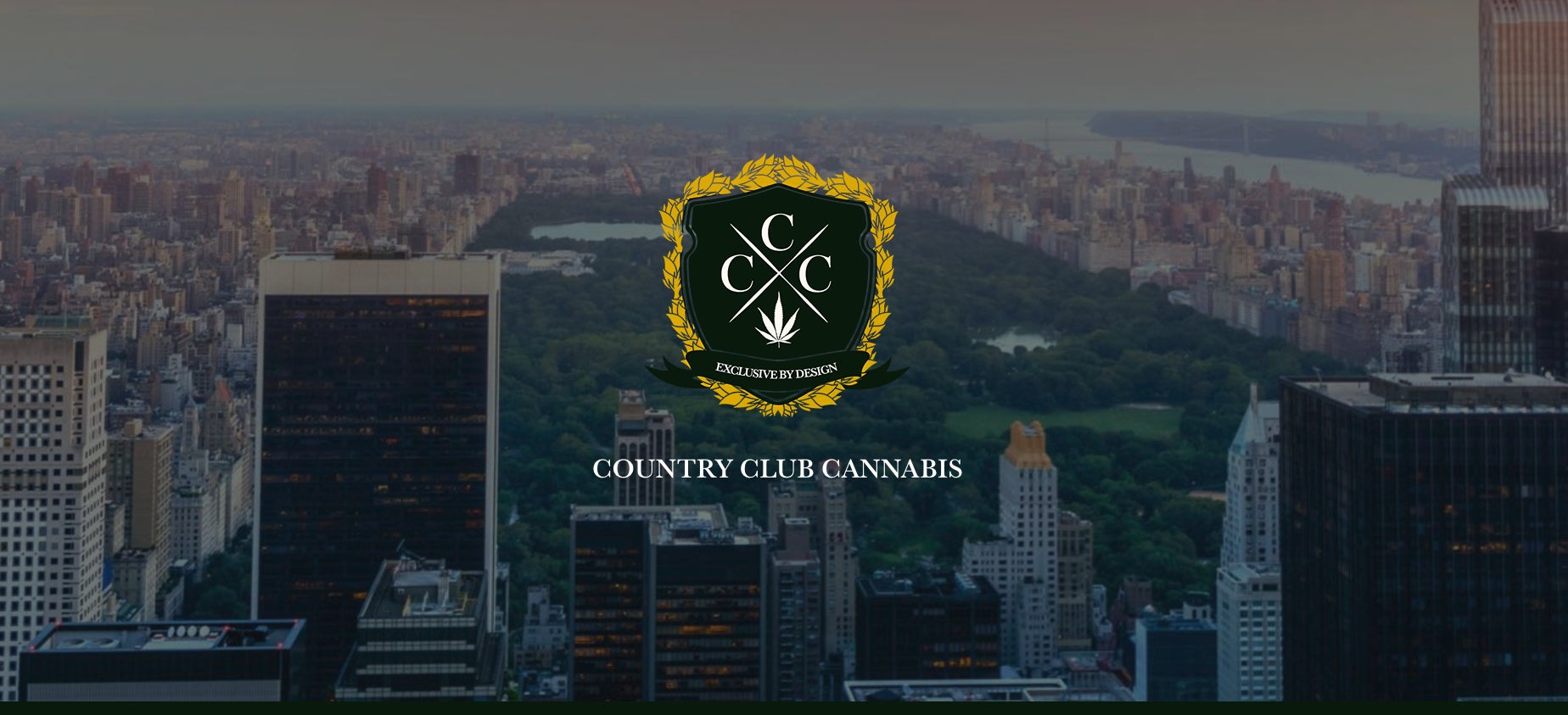A hoax “exclusive” cannabis club makes a real point about legalization and privilege
Country Club Cannabis, with its logo of a cannabis leaf on a preppy coat-of-arms and slogan “exclusive by design,” could easily be one of the many new luxury cannabis companies selling products at MedMen or the new High End shop at Barneys in Beverly Hills. “Luxury for the few” it proclaims, promising an “elite view on cannabis,” and “the privilege to indulge.”


Country Club Cannabis, with its logo of a cannabis leaf on a preppy coat-of-arms and slogan “exclusive by design,” could easily be one of the many new luxury cannabis companies selling products at MedMen or the new High End shop at Barneys in Beverly Hills. “Luxury for the few” it proclaims, promising an “elite view on cannabis,” and “the privilege to indulge.”
But Country Club Cannabis isn’t selling $100 vape pens or $280 pre-rolled papers. It’s selling the idea that the cannabis industry should not, in fact, be “exclusive by design.” It’s a creative and cutting approach to the conversation about what the new and lucrative legal cannabis industry owes the mostly black and Latino victims of the US War on Drugs.
The company is a hoax created by the Drug Policy Alliance and the creative agency Virtue, designed to encourage New Yorkers to sign a petition urging governor Andrew Cuomo to include criminal record expungement of marijuana offenses and social equity measures in legalization legislation, and to direct tax revenue from legal cannabis sales to communities hit hardest by cannabis criminalization. This, argues the Drug Policy Alliance, would create an industry that is inclusive rather than exclusive.
It’s becoming increasingly clear that the so-called “Green Boom” is leaving many Americans behind: in particular, those with cannabis convictions on their records. Many state regulations, as well as a new federal one in the 2018 Farm Bill, ban people with drug-related felony convictions from working in the cannabis industry. Those affected by these bans are are statistically much more likely to be black, because of systemic biases built into the criminal justice system. (And indeed, government officials who helped craft the enforcement tactics of the “War on Drugs” starting in the 1960s have admitted the policy was specifically designed to undermine black communities and fragment the political left.)
Country Club Cannabis’s website even includes a quote from a fictional founder, named L.H. Taylor, who one might imagine getting the seed money from a successful exit in advertising technology—or perhaps just inheriting it.
“I created Country Club Cannabis because I wanted a luxurious, safe place to be with people I trust,” he writes. “Turns out I found a whitespace in the industry.”